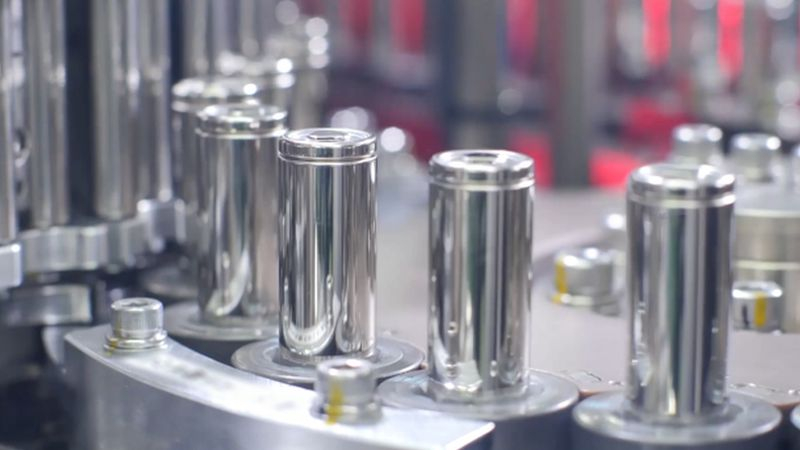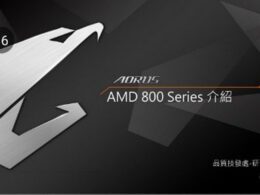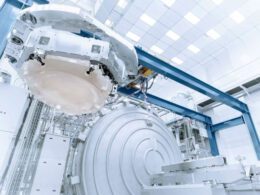Panasonic: Battery Demand for Tesla Slows Down Significantly
The auto industry’s challenges permeate its ecosystem, affecting not just automakers, but also component manufacturers. Even those apart from the fiercely competitive Chinese EV market feel the impact. One such company is Panasonic—the oldest supplier of traction batteries for Tesla—which is currently witnessing a steep decline in demand for its products supplied to its American partner’s factories in the US.
Yuki Kusumi, President and CEO of Panasonic Holdings, revealed last week about this drop in demand, according to the Nikkei Asian Review. While he cautiously refers to Tesla as a “strategic partner,” it’s clear from the context that the EV manufacturer is primarily affected. Panasonic supplies Tesla with first-generation 1865 battery cells produced in Japan and shipped to the U.S. These cells find usage in traction batteries for Tesla’s flagship EV models, the Model S and Model X, assembled in California. Panasonic has been forced to reduce its output volume in Japan due to Tesla’s dwindling demand.
Impact on Panasonic’s Performance
Panasonic Energy, the battery-producing division of the company, predicts that it will not reach its targeted 12.1% profitability for the current fiscal year ending in March, capping at around 9.1% instead. Even government subsidies will not be sufficient to overturn this situation. Panasonic’s CEO acknowledged that the company is lagging behind Tesla’s frequent strategic changes. This, along with the overall weakness of the U.S. EV market, has compelled even those automakers initially eager to venture into it, to reconsider their plans. The Panasonic representative notably stated, “The transition to battery electric vehicles has slowed down,” capturing the sentiments of the industry.
Challenges Across the Business
In the case of Panasonic, issues extend to other segments like heat pumps, initially deemed promising. Albeit, these challenges didn’t impede Panasonic from achieving a record net profit of $2.8 billion in the past fiscal year. Reproducing similar results in the current fiscal year seems unattainable. Various Panasonic divisions, including those producing televisions and industrial automation equipment, are struggling. Meanwhile, it has been decided to sell off the auto components business to an American investor.





